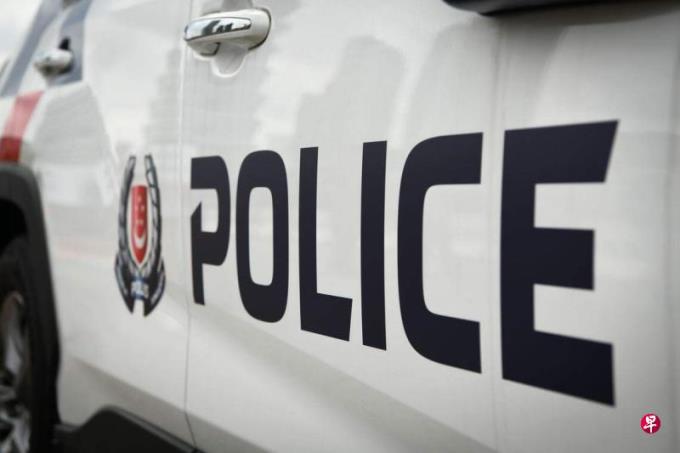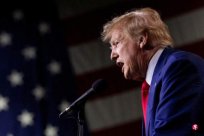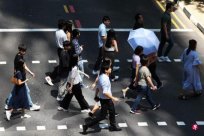
The new amendment bill expands the power of police. It can force the suspect to undergo a medical test for evidence. It can also search for places related to the suspect without a search order.
This criminal lawsuit (Miscellaneous Amendment) Act passed on Monday (February 5) in the third reading of Congress. In addition to the two new sentences of "Protecting Public Safety Enhancement Edition" and "Protecting Public Safety".As long as the police have reason to believe that the suspect involves the "arrestable offices" and has evidence of or grasped the case of the case, it can search for related places without a search order.
Councilor Zhu Beiqing (Tamletni Collection District), Nattiya (Hongmao Bridge Selection District), and officials of the official commission Joshu asked questions to prevent police from abusing power.
The Ministry of Health and the Ministry of Political Affairs Lahay Marzan said in response that this is not a new regulation, but it is difficult to directly determine whether the suspect cooperates with the previous approach.), May lead to unsuccessful suspects delayed search and tampering evidence, which hinders the investigation.
She emphasized that under the amendment bill, the police could only search for a place related to the "arrest crime". There was no right to search for anyone or anything at will.
In addition, Sun Xueling, Minister of the Ministry of the Interior of the Ministry of the Interior and the Minister of Social and Family Development, also said that the Amendment Act launches the legislative framework of the "Forensic Medical Inspection" to regulate the inspection procedures of suspects and victims related to standardized crimes.
Rahay Magaza: Police have set a set of standards for using force
Lahay Marzan said that the testimony of evidence medical tests has produced a key role in investigating criminal cases and must be carried out under the supervision of the police.In addition to special circumstances such as health issues, suspects must cooperate with investigations to be inspected. Otherwise, the police can use appropriate force to extract samples, such as pulling the suspect's mouth to get saliva, or ensure that the suspect does not shake his head to obtain hair samples.
As for the test of the privacy of the suspect or the victim, only the police personnel at the level and above can be checked by a qualified medical professionals."Even the auxiliary police have been trained by professional training, and the police have set a set of standards for the use of force."
Lahay Magazan emphasized that the police could not use "appropriate force" to the victims, but instead requested the consent of the victim or legal authorized person in order to conduct a testimony of evidence.Only when the victim is unconscious or other special circumstances, because of the consideration factors such as DNA, the official has to be tested without the consent of the parties.
Asks questions related to the disadvantaged group, Laha Yumana responded to Pan Liping (Xunbulan Collection District) and other members that the new framework also lists the guarantee measures for the process of collecting evidence to ensure that the inspector can get meticulous meticulous meticulous meticulousnessTreatment, including providing different assistance plans for victims.
If it involves minors or disadvantaged suspects, the official will carefully explain the process during the test of evidence and allow the suspect to call relatives and friends.Police are also considering how to treat disadvantaged suspects more detailed, including disabled or special needs.




